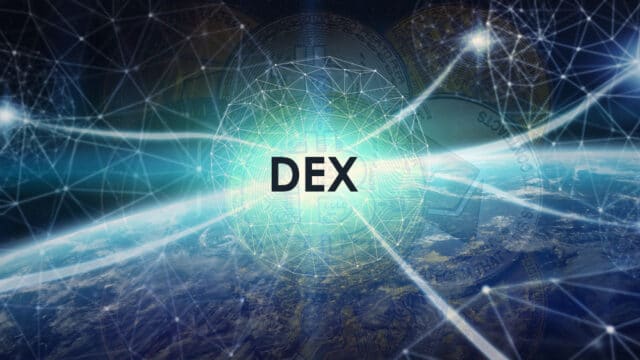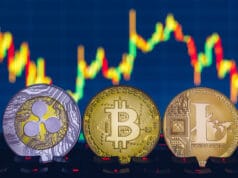Decentralization is one of the core benefits of blockchain technology that is helping address key pitfalls of centralized structures. Any app or project built on blockchain boasts of a high level of decentralization without one single point of fault.
For the longest time, the capital markets have been dominated by centralized exchanges in which brokers and financial institutions act as intermediaries in all operations. Fast forward, the world is giving rise to decentralized exchanges (DEX) where there are no middlemen.
Decentralized exchanges are simply markets whereby traders interact with one another directly without the involvement of intermediaries. The fact that one is not dependent on an entity is one of the attractive features of DEXs.
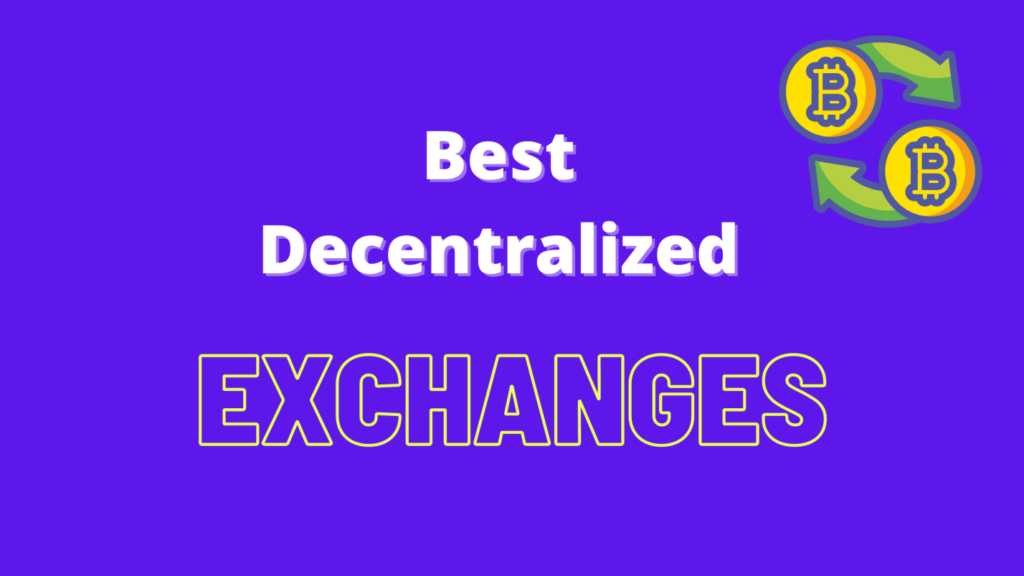
In addition, decentralized exchanges are proving to be a hit in the digital world because of the heightened security levels they come with. The fact that the exchanges are decentralized or distributed means they cannot be hacked from a single point. A successful hack will have to be carried out on a number of points, which is impossible when there are thousands or even millions of them.
Centralized exchanges are usually vulnerable to exploits; that is not the case with DEXs. The lack of middlemen or centralized points means users are always in control of their own operations and holdings.
Privacy is another synergy that makes DEX stand out compared to centralized exchanges. The fact that they allow traders to interact with one another directly accords a heightened level of privacy. With such systems, it becomes difficult to track transactions and operations as no trail is left behind.
In addition, such systems don’t require people to go through the know your customer process; therefore no handing of documents to one entity.
DEXs have made it possible for people to trade cryptocurrency with heightened security and privacy. Such systems boast high-efficiency levels given the use of smart contracts to execute transactions.
Amid the changes blockchain is having in the financial markets, a new set of organizations have cropped up. Automated market makers that rely on permissionless protocols to price assets are some of the factors at the heart of the DEX revolution.
Below are some of the top decentralized exchanges to invest in.
SushiSwap
SushiSwap is a decentralized cryptocurrency exchange built on top of the Ethereum blockchain. It operates as a platform whereby people can buy and sell digital assets in a decentralized manner. To trade on the platform, people must first lock digital funds into smart contracts and then use the liquidity pools on offer to exchange one token for another.
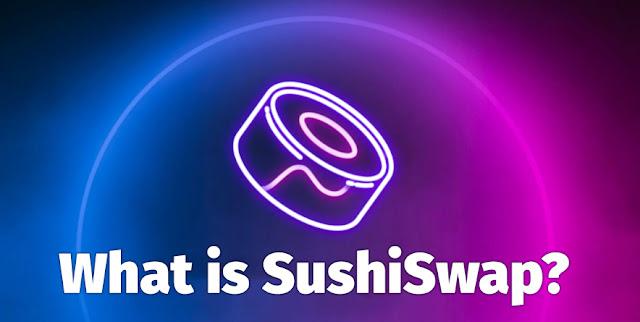
While the exchange operates the same way as traditional exchanges, it is not supported by any central entity. All the assets traded on the platform are stored in smart contracts, with users locking crypto on software so that other people can access them.
To gain exposure to the decentralized exchange, people can invest in SUSHI, the network’s native token. Owners of the token can participate in community governance and stake their tokens to receive part of the transaction fees generated on people buying and selling cryptocurrencies on the exchange.
MDEX
MDEX is one of the largest DEXs, going by a market cap volume of over $1 billion. The exchange has made it easy for people to buy and sell an array of cryptocurrencies powered by Binance Smart Chain and Ethereum blockchains.
High transaction speeds are one of the attributes that make the DEX stand out as it is designed on the Heco chain, which confirms a transaction every 3 seconds. The exchange also boasts of some of the lowest transaction fees at about 0.3%. In addition, the exchange comes with flexible liquidity pools that allow people to migrate from one pool to another with ease.
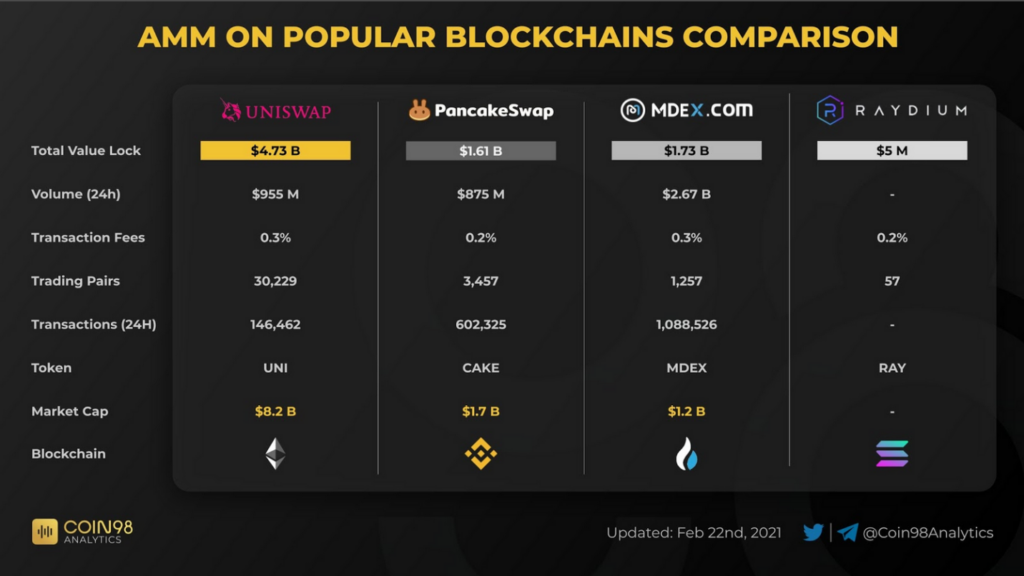
The exchange is promoting cross-chain compatibility as it seeks to enable a high-performance compound decentralized ecosystem. DEX is powered by MDX, which acts as the governance token.
MDEX works by simply charging fees from users transacting on the platform. In addition, users earn on mining the native token MDX, which has a total supply of 1 billion tokens. The tokens are often used as gas fees or burning fees for transactions in the trading platform.
Curve
Curve is one of the best-decentralized exchanges for people looking to trade stablecoins. In addition, its protocol makes it easy to swap between ERC-20 tokens and Ethereum-based Bitcoin tokens. The exchange is built on a liquidity pool on the Ethereum blockchain. Its edge stems from being extremely efficient compounded by low slippage for stable coin trading.
The DEX is covered by the CRV token, which acts as a medium of exchange. Users can lock the token for up to 4 years and stand to vote on the governance of the DEX as claim protocol fees and other rewards.
1inch Liquidity Protocol
1inch Liquidity Protocol bills itself as a next-generation automated market maker. The project seeks to make it easy for people to buy and sell ERC-20 tokens without standing the risk of slippage. It has already established itself as a cost-effective aggregator of decentralized exchanges on the Ethereum ecosystem.
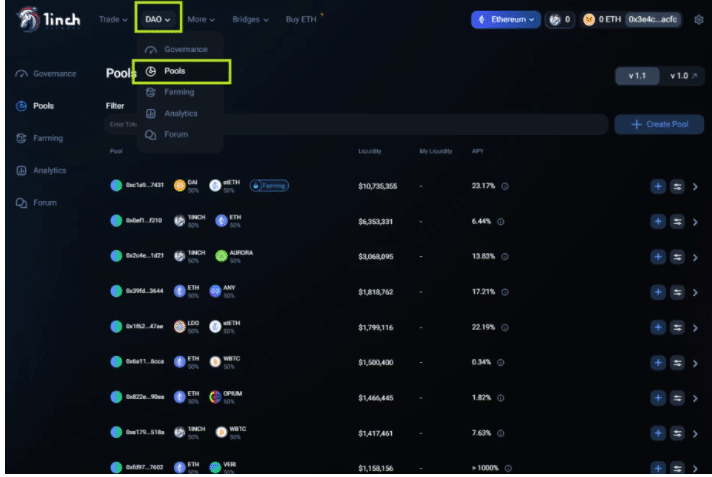
1inch Liquidity Protocol edge comes about on its ability to aggregate dozens of decentralized protocols, therefore, making it easy for people to find the best exchange rates across multiple exchanges.
In the platform, people can find and execute trades over a wide range of decentralized exchanges. 1inch Liquidity Protocol operates by offering some of the best rates on coming up with the most efficient swapping routes.
Liquidity on the network is enabled via the 1INCH token. Investing in the token allows people to earn rewards.
The fact that the DEX aggregator also operates on the Ethereum and Binance Smart Chain enables a high level of diversification when it comes to trading options.
DydX
When it comes to the margin trading of assets like Bitcoin and Ethereum, DydX is proving to be the real deal. It has carved a niche as a DEX with all the benefits of blockchain technology.
While the exchange is powered by blockchain technology, it recently rolled out Layer 2 to settle transactions much faster and at some of the lowest costs. Whereas the exchange initially allowed people basic crypto margin trading, it has enhanced its capabilities through margin trading rollout and other cryptocurrencies.
The exchange is powered by the DYDX token, which acts as a medium of exchange. Fees on the platform are settled through the coin. In addition, the token is used to enhance liquidity staking pools through which people earn rewards.
By investing in DYDX, one is essentially gaining exposure to the decentralized exchange and its long-term prospects.
Uniswap (V2)
Uniswap (V2) is an automated decentralized cryptocurrency exchange built on the Ethereum ledger. Operating as an on-chain liquidity protocol on the Ethereum blockchain, it allows people to swap tokens without the need of a central authority but with the help of smart contracts.
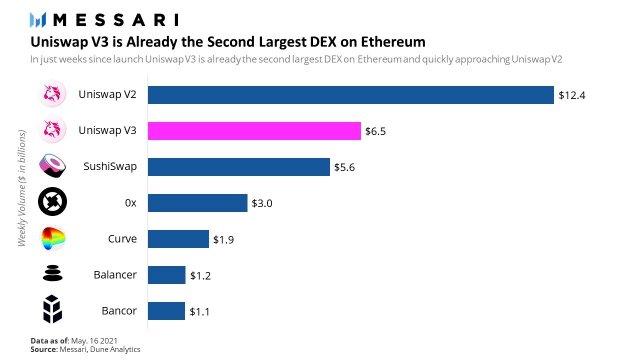
An Improvement of Uniswap (V1), Uniswap (V2) comes with a range of upgrades and enhancements to the protocol. The network does not need ERC-20 tokens to act as an intermediary while exchanging one token for another.
Its competitive edge stems from the fact that it does not take fees. The platform allows people to trade tokens without platform fees or intermediaries.
PancakeSwap
Built on top of the Binance Smart Chain, PancakeSwap is another DEX transforming how people trade BEP tokens. Trades on the exchange are executed through smart contracts without the involvement of any intermediary.
The exchange relies on the automated market maker model to execute transactions; in this case, there is no in order book where orders are marched. Therefore, all trading occurs against the liquidity pool provided by network participants. The liquidity pool is filled with funds from other users; consequently no reliance on a single user or central point.
To gain exposure to PancakeSwap, one can do so by investing in CAKE, the network’s native coin, which acts as a medium through which fees are settled. Every time people trade on the exchange, they must pay a commission. A percentage of the commission goes towards liquidity providers, while another one goes towards CAKE token buybacks and burn proposals.
Swapzone
Swapzone is a unique decentralized exchange, given the way it operates. It operates as a non-custodial cryptocurrency aggregator, constantly monitoring the best exchange rates on various cryptocurrency pairs. Once it spots the best rate, it offers the same information on its decentralized exchange so that clients can pick the best and convert their cryptocurrency holdings.
You can convert BTC to ETH at some of the best rates. It is more of an aggregator than is the case with other exchanges. It collects rates from more than a dozen partners, offering clients the best deals.
Raydium
Raydium operates as a liquidity provider for the Serum decentralized exchange. Operating as an Automated Market Maker offers on-chain liquidity to a central order book. This means that it has access to order flow and liquidity on the Serum exchange.
Similarly, the liquidity pools make it possible for people to trade cryptocurrencies and other digital assets permissionless. Unlike other platforms, it does so through liquidity pools which are key drivers of decentralized finance.
Liquidity pools stand out partly because they allow people to lock their assets in a smart contract pool. In return, the locked assets are utilized as trading pairs with the market, but this time in decentralized exchange.
Traders who lock their assets on the Raydium liquidity pool are incentivized through RAY, the native token that papers the entire network. In addition, the tokens can be staked to earn additional cryptos.
BurgerSwap
BurgerSwap is a DEX that allows people to conduct cryptocurrency swaps without involving any intermediary. The swaps are made possible by the exchange automated market maker. The DEX is built on top of the Binance Smart Chain.
The AMM is powered by liquidity pools whereby users supply their tokens in exchange for rewards on the platform. In the exchange, people can swap with ease ETH-BSC tokens and other ERC-20 tokens.
The DEX has sought to distance itself from other exchanges by focusing on addressing issues associated with gas fees, price slippage, and slow transaction speeds. To carry out swaps on the platform, all you will need is an online wallet which is then linked to the trading platform.
In addition, you will need BURGER tokens to pay for transaction fees on the network. While trading BurgerSwap offers the benefit of adjusting slippage tolerance on each swap Slippage can be set at around 0.1% to 0.5%
Final thoughts
Decentralized exchanges’ popularity is growing by the day as people seek to enjoy anonymity while carrying out transactions. The need for heightened security and fast transaction speeds are other factors that continue to drive growth.
While most operations in the cryptocurrency space occur via centralized exchanges such as Binance and Coinbase, decentralized exchanges could take over in the future. Centralized exchanges have been prone to hack incidences in the past, resulting in people losing a significant chunk of their holdings; that should change with DEXs. Peer-to-peer exchange in DEX also averts the risk of market manipulation, protecting people from game trading and wash trading.
